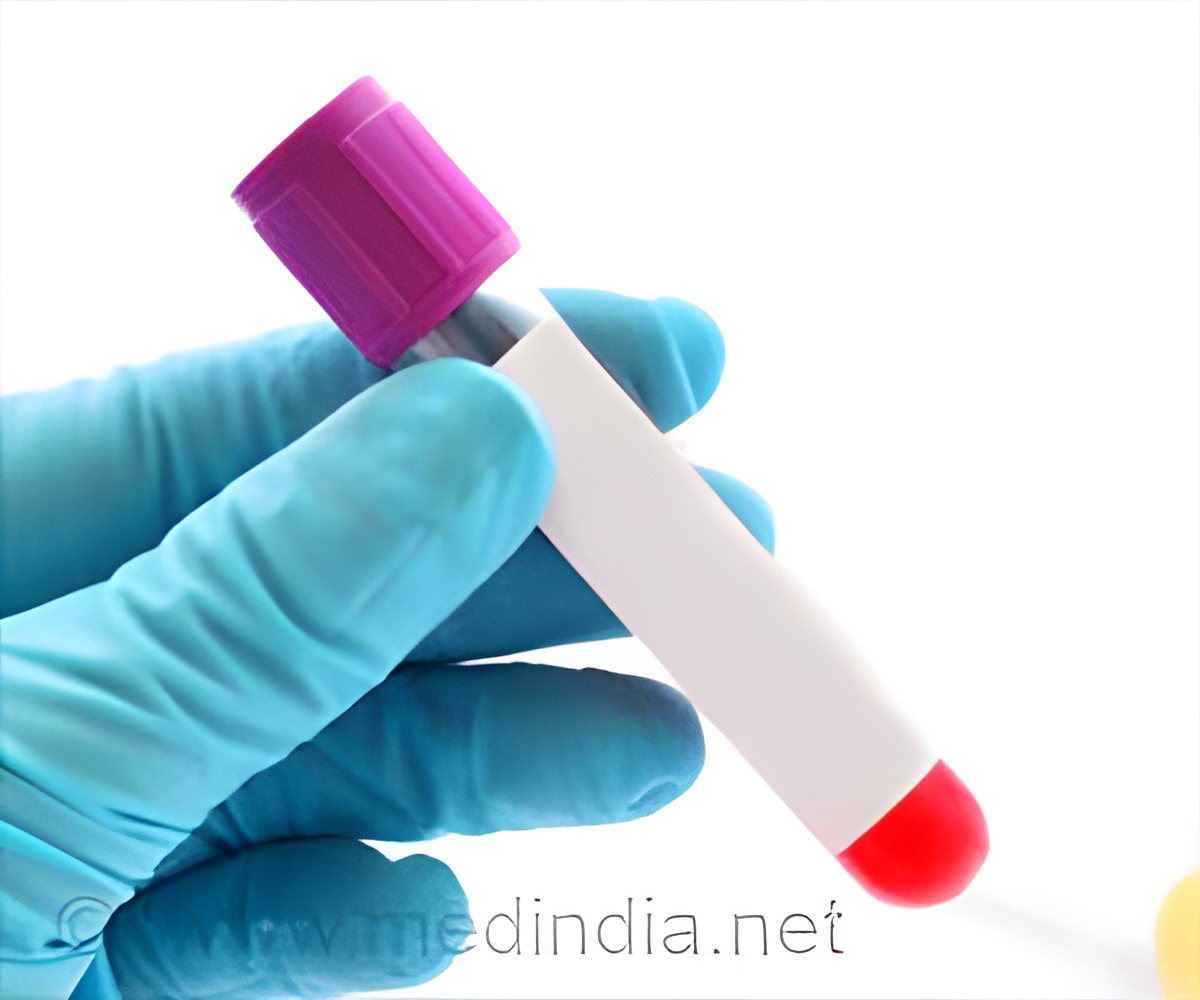Airway cell analyses showing an activated immune axis could pinpoint the COVID-19 patients who will most benefit from targeted therapies.

‘COVID-19 patients showing reduced glucocorticoid receptor expression, increased CXCL8 expression, and excess neutrophil recruitment to the airways could benefit from treatment with glucocorticoids to prevent airway damage. ’





To understand the differences in immune responses, Professor Heung Kyu Lee and PhD candidate Jang Hyun Park from the Graduate School of Medical Science and Engineering at KAIST analyzed RNA sequencing data extracted from each person's airway cells of healthy controls and of mildly and severely ill patients with COVID-19. The data was available in a public database previously published by a group of Chinese researchers. "Our analyses identified an association between immune cells called neutrophils and special cell receptors that bind to the steroid hormone glucocorticoid," Professor Lee explained. "This finding could be used as a biomarker for predicting disease severity in patients and thus selecting a targeted therapy that can help treat them at an appropriate time," he added.
COVID-19 and Respiratory Distress Syndrome
Severe illness in COVID-19 is linked to acute respiratory distress syndrome (ARDS), excessive airway-damaging inflammation. ARDS accounts for 70% of deaths in fatal COVID-19 infections. This excessive inflammation involves heightened neutrophil recruitment to the airways, but this reaction's mechanism was unclear.
Myeloid cells, a type of immune cell, produced excess amounts of neutrophil-recruiting chemicals in severely ill patients, including a cytokine called tumor necrosis factor (TNF) and a chemokine called CXCL8.
Advertisement
The airway cells in severely ill patients were not expressing enough glucocorticoid receptors. This was correlated with increased CXCL8 expression and neutrophil recruitment. Glucocorticoids are anti-inflammatory agents that could play a role in treating COVID-19.
Advertisement
"Our study could serve as a springboard towards more accurate and reliable COVID-19 treatments," Professor Lee said.
Source-Medindia











